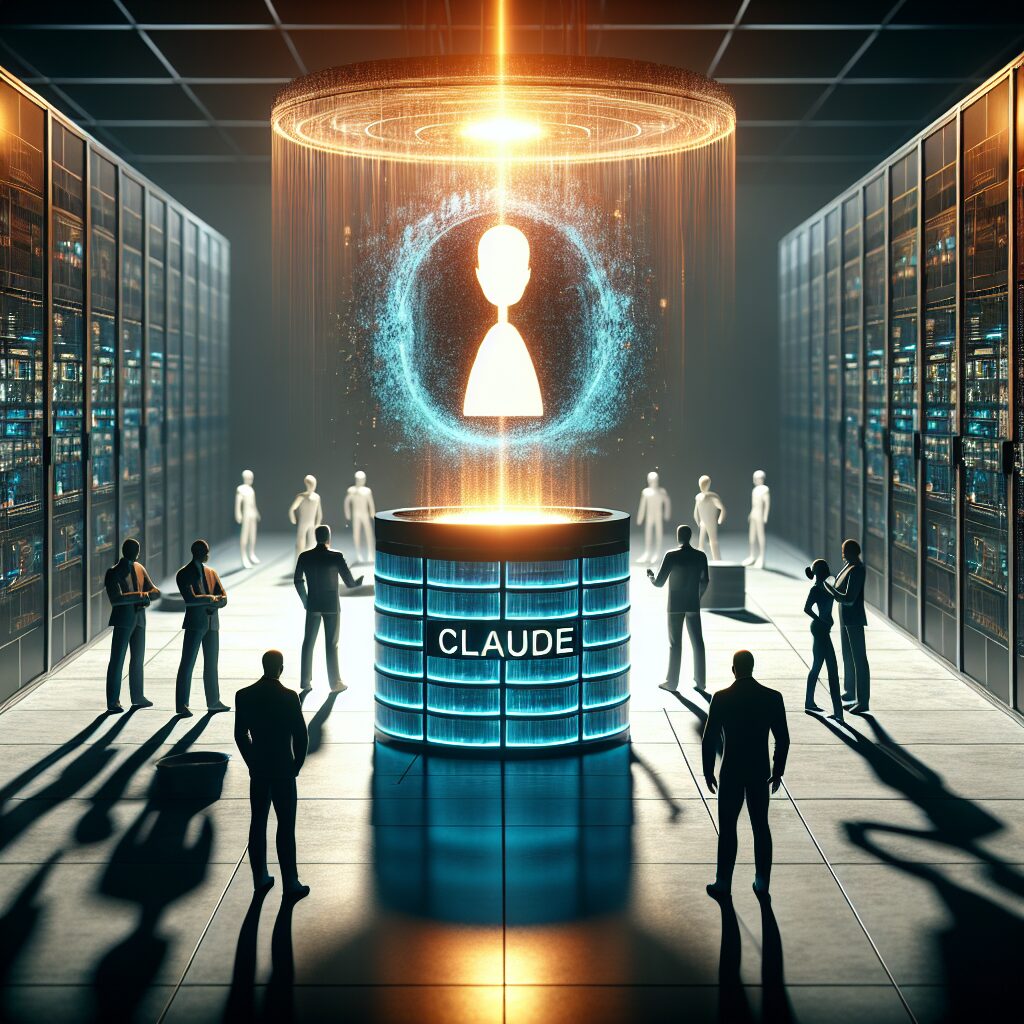A dramatic shift in the world of artificial intelligence (AI) just unfolded! Anthropic, a research-oriented AI company, recently declared that it has revoked OpenAI’s access to Claude, its trailblazing AI model. Let’s take a virtual dive into this futuristic tug-of-war and figure out what led to this bold decision.
Anthropic, spearheaded by OpenAI’s former employees, including Dario Amodei, has been operating in stealth mode since its inception. Emerging from the shadows, Anthropic has been focusing on creating AI models that are not just efficient but also align with human values. Claude, their flagship product, is a testament to this mission. But why did they suddenly pull the plug on OpenAI’s access to Claude?
OpenAI, a pioneer in AI development, was previously in a symbiotic relationship with Anthropic, sharing insights and resources. However, the relationship has hit a snag over differing visions about AI’s future. OpenAI has recently been veering towards commercializing AI, a turn of events that Anthropic does not subscribe to.
It appears that the bone of contention is the ethical aspects of AI use. OpenAI’s current trajectory seems to be on the path of monetizing AI, potentially compromising on the ideals of AI safety and ethics that Anthropic fervently upholds. Anthropic has been vocal about its concerns over how AI can be weaponized or misused in the absence of stringent safeguards and ethical guidelines.
The withdrawal of Claude from OpenAI is not just a tug-of-war over a sophisticated piece of technology. It is a symbolic stance, a proclamation of the necessity to prioritize the ethical and safe use of AI over commercial interests. Anthropic’s bold move is a reminder that AI, as much as it is a technological marvel, is a double-edged sword that requires careful handling.
So, as the AI landscape continues to evolve, this incident serves as an important lesson. The path to AI advancement is not just about creating more powerful models or driving revenues; it’s about ensuring that these digital brains think, act, and evolve in a manner that benefits humanity, respects our values, and safeguards our future.
As we navigate this digital labyrinth, let’s not lose sight of this truth. It’s not just about who gets access to Claude or the next big AI innovation. It’s about how we, as a society, choose to use these breakthroughs. In the whirlwind of AI advancements, the Anthropic-OpenAI incident is a timely reminder to put ethics at the forefront of AI development. The future of AI is not just in our hands; it’s in our choices.
